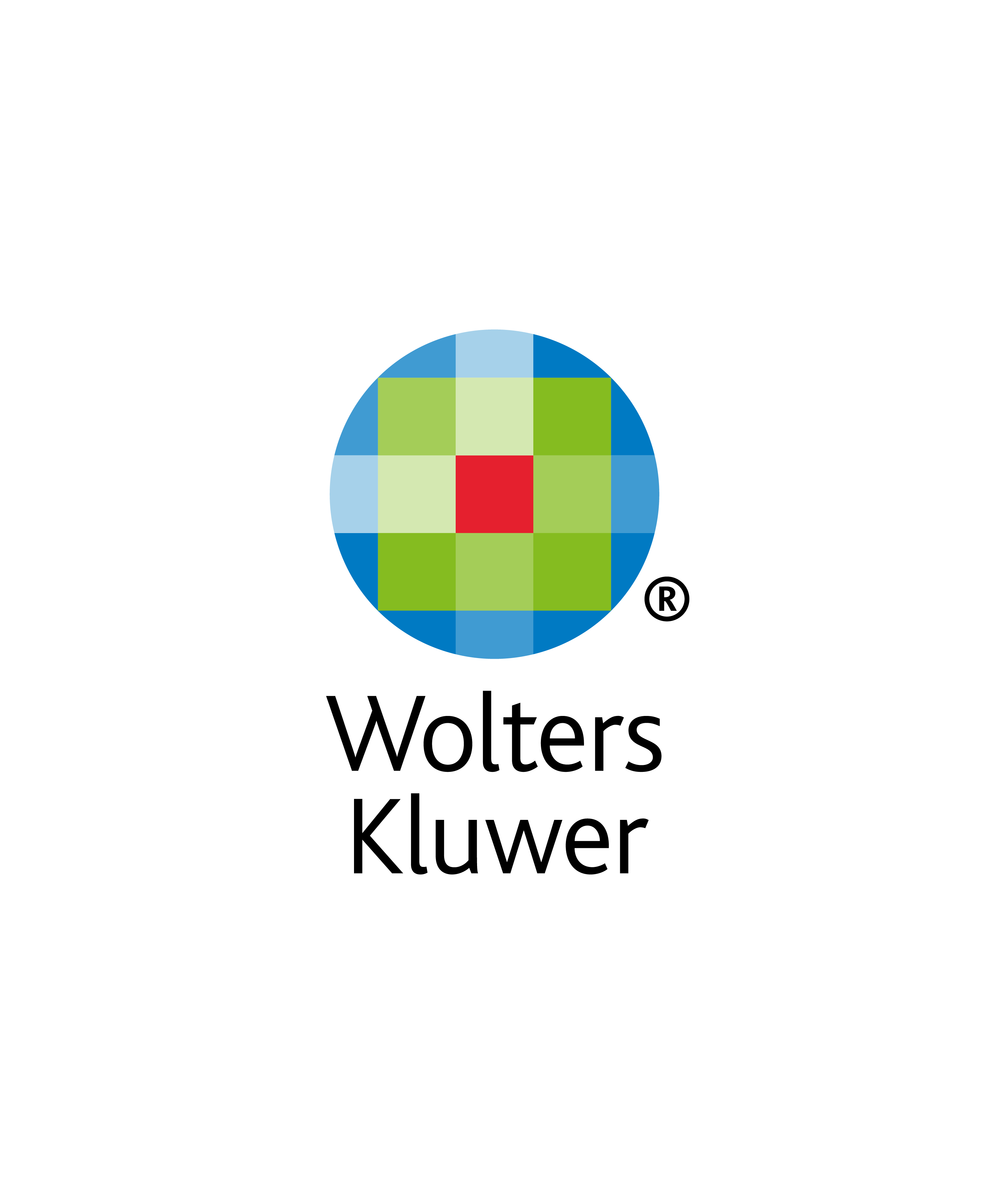When Jody Cire was interim CFO at LogRhythm in 2018, the cyber security company was bedeviled by a volatile revenue stream. It booked its business and recognized revenue upfront as an on-premises software company. In any given quarter, in addition to its bread-and-butter smaller deals, it might book half a dozen million-dollar enterprise deals — or it might book only half of that. And that degree of volatility was a key reason the company was unable to go public when it had tried to in the past.
"Investors and investment bankers want predictability," said Cire, now CFO of AllCloud, a professional services company that helps clients optimize their cloud spend.
To smooth out its revenue, LogRhythm could either pivot to a subscription-based, on-premesis licensing model, or it could reinvent itself as a software-as-a-service (SaaS) company. But both of those options entailed disruptive changes that finance couldn't fully control.
Cire spied an opportunity to make a change, however, when the Financial Accounting Standards Board (FASB) that year released guidelines on its new ASC 606 revenue recognition standard. The standard took effect at the beginning of this year.
Under the guidelines, if your company has an ongoing delivery requirement for its customers, you can adopt a ratable revenue recognition model that lets you spread your revenue over a period of time.
Although LogRhythm's product wasn't antivirus software that required daily definition updates, it did require updates that would qualify it for the ratable accounting method. And that proved to be a crucial change, Cire said last week in a CFO Thought Leader podcast; it enabled the company to smooth out its revenue as recognized in its P&L.
"Even though our booking and billings would still be lumpy, at least our P&L would be smooth," said Cire, who joined AllCloud 15 months ago after a six-year stint at LogRhythm. "The bankers loved it."
Cire said the new system positioned the company to go for the IPO that previously eluded it but it chose not to go that route; instead, it opted to be acquired by Thoma Bravo, a private equity firm specializing in enterprise software companies.
"Thoma Bravo loved that most of the work [migrating to a subscription model] had already been done," he said. "Now all we had to finish migrating was the billing model and work the architecture into a SaaS model. So, finance basically led the charge in smoothing our lumpiness."
Tech focus
Since his early days as an external auditor for KPMG, Cire has specialized in tech companies, particularly startups. At AllCloud, he focuses on building an infrastructure that can accommodate the company's plan to grow through acquisitions.
"We were born with the idea of being a hub for merging multiple companies together," Cire said. "We started with raising money to buy an existing company, and then within less than a year bought another company, so we started off as a hub and spoke model."
And yet the company hadn't fully thought through what its back-office systems and processes needed to be to accommodate that model.
"As you bolt on new companies, they need to be on the same systems and also the same instances of those systems," he said, whether it's for sales, professional services, accounting, payroll, or banking. "We've never done any of that. I've got five countries right now and we're in the middle of rolling out NetSuite, but as I sit here today I’ve got five different general ledgers in five different countries. Simply to close the books is a much bigger manual effort than it should be."
The five countries the company operates in are the U.S., Canada, Israel, Germany and Romania.
Team hires
To help him build his system and processes, Cire brought on board key members of his team as one of his first orders of business at AllCloud.
"We were pretty raw in all things back-office," he said. "We were not only understaffed but under-skilled. I did have to replace my former head of finance and accounting and bring in someone senior to that individual."
In addition to finance and accounting, Cire oversees Legal and IT, whose top person he had to replace.
"We ended up taking one of the founders of a company we acquired who's a Salesforce expert and used to be an ERP consultant," he said.
The person had experience implementing accounting systems and was also well versed in professional services. "We promoted him into senior vice president of information systems and information technology, and he's been an amazing hire," he said. "He's also taken on all of the compliance functions, so everything about ISO and GDPR."
ISO refers to the ISO 9001 management quality standard, and GDPR refers to General Data Protection Regulation, the European Union’s comprehensive data privacy and security law.
Growth despite pandemic
For 2020, Cire said, AllCloud had completed its budget process early — by January 6 — but the fast work was quickly superseded by the pandemic, forcing his team to come up with an alternative plan it calls its COVID re-forecast.
"Originally we were forecasting over 40% growth," he said. "But even in the COVID re-forecast, we still see growth: it’s about 25% to 27%, year-over-year."
The reason for the relatively optimistic picture is the nature of its business. As a company that helps its customers optimize their use of the cloud, it’s well-positioned as its customers rely on cloud systems to keep their operations going remotely during the pandemic.
"This sudden transition, with everyone having to work from home, really supports our line of work," he said.
"No one would ever wish [the pandemic] on the world," he added. "And we've had to cut and project slower growth. But this raises to everyone's awareness that the cloud has tangible benefits."





















